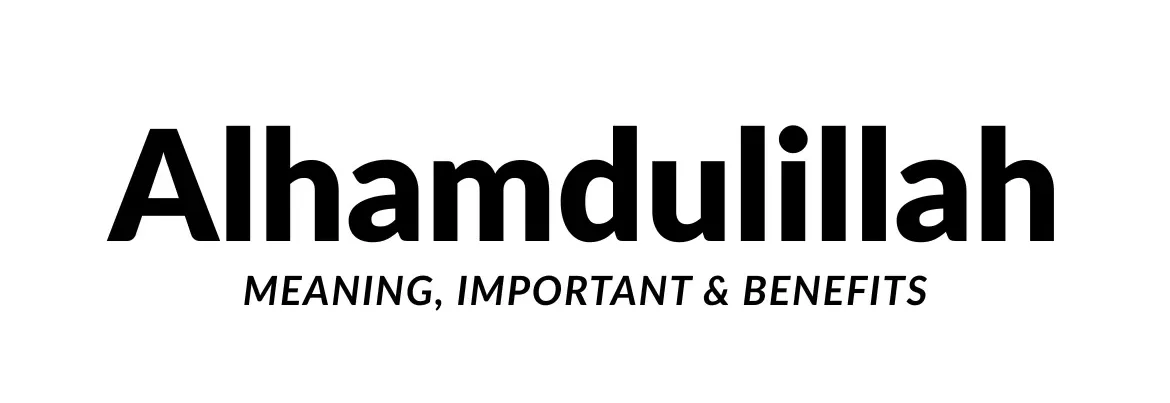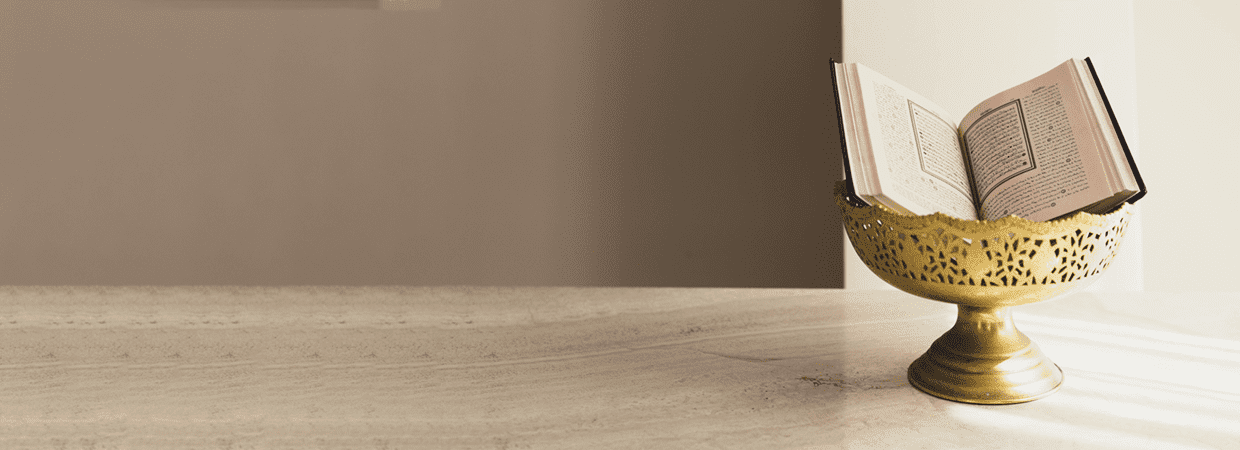
Alhamdulillah: Meaning, Importance, and Benefits in a Muslim’s Life
One of the most beautiful and powerful words in Islam is Alhamdulillah. Muslims use it in daily conversations, prayers, and moments of gratitude. This single word carries profound meaning that connects a believer’s heart with Allah. It is not just a phrase but a reminder of the blessings we enjoy and the continuous mercy of our Creator.
In this article, we will explore Alhamdulillah in detail – its meaning, importance in Islam, benefits of reciting it, occasions when it should be said, and how it can transform our perspective on life.
What Does “Alhamdulillah” Mean?
The word Alhamdulillah is composed of three parts:
-
Al – meaning “the” (definite article in Arabic).
-
Hamd – meaning “praise” or “thanks”.
- Li-llah – meaning “to Allah” (the one true God).
Therefore, Alhamdulillah translates to “All praise and thanks belong to Allah”.
Unlike ordinary gratitude, this phrase acknowledges that every blessing, whether big or small, comes only from Allah. It combines both praise (for Allah’s perfection) and thanks (for His blessings).
Importance of Alhamdulillah in Islam
-
First verse of the Quran – Surah Al-Fatiha, the opening chapter of the Quran, begins with:
“Alhamdulillahi Rabbil-‘Alamin” (All praise is due to Allah, Lord of the worlds).
This shows the central role of gratitude in Islam. -
Part of daily prayers – Muslims recite Alhamdulillah at least 17 times a day in Salah, reminding themselves constantly of Allah’s blessings.
-
Beloved to Allah – The Prophet Muhammad ﷺ said:
“The best dhikr (remembrance) is La ilaha illallah, and the best du‘a (supplication) is Alhamdulillah.” (Ibn Majah) -
Expression of true faith – When a believer says Alhamdulillah, it reflects trust in Allah’s wisdom, whether in ease or difficulty.
Benefits of Saying Alhamdulillah
1. Strengthens Faith
Constantly saying Alhamdulillah reminds a believer of Allah’s mercy and keeps the heart attached to Him.
2. Increases Blessings
Allah says in the Quran: “If you are grateful, I will surely increase your blessings.” (Surah Ibrahim 14:7)
Gratitude brings more rizq (sustenance), peace, and opportunities.
3. Heals the Heart
A grateful person experiences less stress, anxiety, and jealousy. Saying Alhamdulillah shifts focus from what we lack to what we already have.
4. Protects from Arrogance
Acknowledging blessings as a gift from Allah prevents pride and arrogance.
5. Reward in the Hereafter
The Prophet ﷺ said: “The people of Paradise will say: Alhamdulillah, Who has removed from us all sorrow.” (Quran 35:34)
Thus, this phrase will continue to benefit believers even in Jannah.
When Should Muslims Say Alhamdulillah?
Muslims are encouraged to say Alhamdulillah in many situations, such as:
-
After eating and drinking – To thank Allah for provision.
-
After sneezing – Sunnah response after sneezing is saying Alhamdulillah.
-
After waking up – Prophet ﷺ used to thank Allah for giving life after sleep.
-
In times of ease – When receiving good news, health, or wealth.
-
In times of hardship – Even when facing trials, a believer says Alhamdulillah ‘ala kulli haal (All praise is due to Allah in every condition).
-
During prayers – Repeated throughout Salah and supplications.
-
Daily speech – As a habit in conversations to acknowledge Allah’s mercy.
Alhamdulillah in Daily Life
Making Alhamdulillah a natural part of our lives can change how we see the world. Instead of focusing on problems, a believer who constantly says it develops contentment and peace.
For example:
-
Waking up every morning with Alhamdulillah makes the day positive.
-
After completing a task, saying Alhamdulillah gives a sense of fulfillment.
-
When facing a loss, Alhamdulillah reminds us that Allah’s plan is better.
Alhamdulillah in the Quran and Hadith
The phrase Alhamdulillah appears in several places in the Quran, showing its importance:
-
Surah Al-Fatiha (1:2): Alhamdulillahi Rabbil-‘Alamin – All praise is due to Allah, Lord of the worlds.
-
Surah Al-An‘am (6:1): All praise is due to Allah, Who created the heavens and the earth.
- Surah Ibrahim (14:39): Prophet Ibrahim (AS) said: Alhamdulillah Who has granted me Ismail and Ishaq in my old age.
The Prophet ﷺ also emphasized gratitude often. He said: “Whoever eats food and says, ‘Alhamdulillah, who has provided me with this food without any power or might from myself,’ his past sins will be forgiven.” (Tirmidhi)
Alhamdulillah in Good and Bad Times
One of the unique aspects of Islam is that believers say Alhamdulillah in both happiness and sorrow.
-
In happiness – It shows gratitude.
- In sorrow – It shows patience and trust in Allah.
This balance makes a Muslim strong and content, knowing that every situation is part of Allah’s wisdom.
How to Teach Children to Say Alhamdulillah
Parents should teach their kids from an early age to say Alhamdulillah.
-
Encourage them after meals.
-
Teach them to say it when they receive gifts.
- Correct them gently when they forget.
Over time, gratitude becomes a natural habit.
Learn Quran Online and Deepen Your Understanding
Understanding the true meaning of words like Alhamdulillah comes from learning the Quran deeply. At Learn Read Quran, we offer one-on-one online Quran classes with experienced tutors who teach proper recitation, Tajweed, and Tafseer.
With flexible timings and expert guidance, you can begin your journey of Quran learning from the comfort of your home.
👉 Call us at +1 512-325-7603 and register today for free trial classes.
Practical Tips to Live with Alhamdulillah
-
Start and end your day with Alhamdulillah.
-
Keep a gratitude journal and note daily blessings.
-
Say Alhamdulillah before complaining about anything.
-
Use the phrase in your conversations naturally.
-
Teach family members to practice gratitude together.
Conclusion
Alhamdulillah is more than just a word—it is a way of life. It reflects gratitude, contentment, patience, and acknowledgment of Allah’s endless blessings. Whether in joy or difficulty, a believer’s heart finds peace in saying Alhamdulillah.
Let us make this phrase a daily reminder of Allah’s mercy, and may it fill our lives with blessings in this world and the hereafter.

